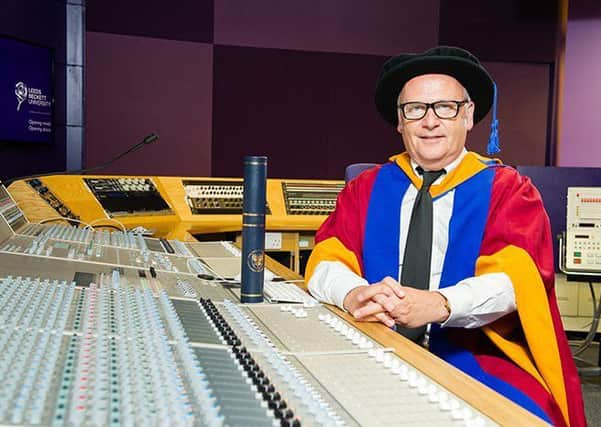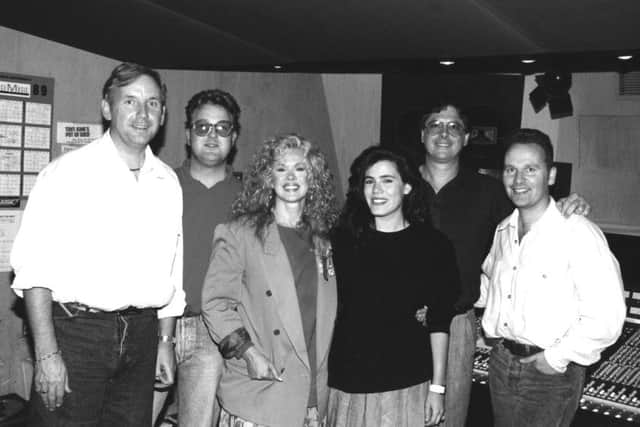Phil Harding: From a hit-maker of the Eighties to a man of letters


Phil Harding’s CV reads like a who’s who of eighties and Nineties singers like Kylie Minogue, Boyzone and Rick Astley,
But he began his career in the music industry at the age of 16 and engineered for The Clash.
Advertisement
Hide AdAdvertisement
Hide AdPhil then went on to join the legendary Stock, Aitken and Waterman production team throughout the Eighties and Nineties, engineering and mixing their first number one single, Dead or Alive’s ‘You Spin Me Round (Like a Record)’.


He produced many of the biggest pop hits of the 1990s, working with Bananarama, the Pet Shop Boys, Jason Donovan and Erasure.
But he swapped the mixing desk for a writing desk in 2014 when he began a PhD which shares the secrets of his decades of success. His ‘Stay Another Day’ thesis looks at ‘manufactured’ pop and boy bands of the Nineties, his tried-and-tested framework for hits and the current marketplace.
Phil said: “It’s been very inspiring to reflect on the work I did in the Nineties. Additionally, I have broken down and analysed some of the records I engineered, such as East 17’s ‘Stay Another Day’, and it has been interesting to revisit them.”
Advertisement
Hide AdAdvertisement
Hide AdThe study includes interviews with some of the key players, like Tony Mortimer from East 17 .


Phil said: “The boy band explosion in the 90s was a phenomenon. The term ‘boy band’ didn’t really come into media use until this decade. People said you could have called Bros, the Bay City Rollers, or even the Sex Pistols, boy bands when you looked back – as they were all manufactured bands. However, it was only in the 90s that the term really came about.”